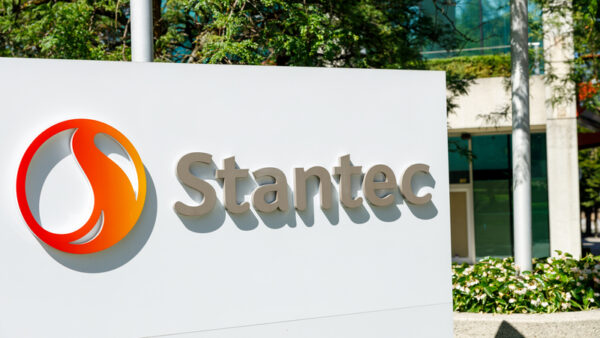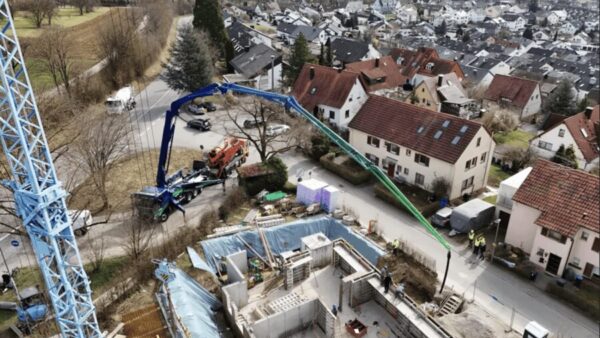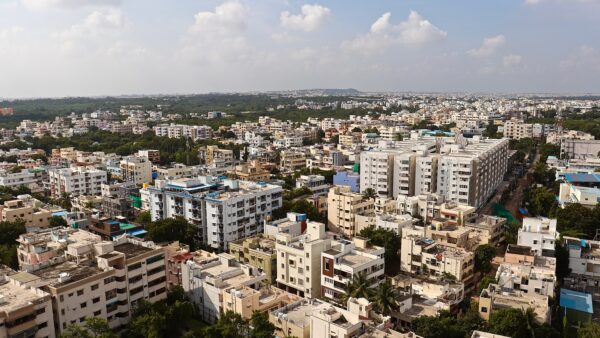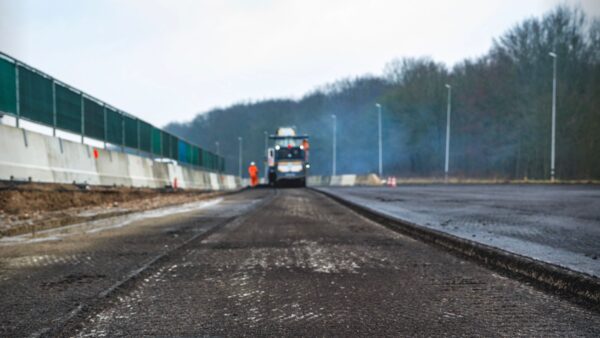In an extraordinary display of national pride, the people of Egypt have invested en masse in the government’s scheme to dig a new Suez Canal.
Public investment certificates have proven so popular that Egypt has raised the nearly $8.5bn it needs to fund the project in just eight days.
The option to buy the certificates, which have a 12% interest rate and pay quarterly dividends, closed after the central bank raised 61 billion Egyptian pounds, exceeding its target of 60 billion.
Reports described Egyptians jostling at banks across the country to buy the five-year certificates, which came in 10, 100 and 1,000 Egyptian pound denominations ($1.40-$140).
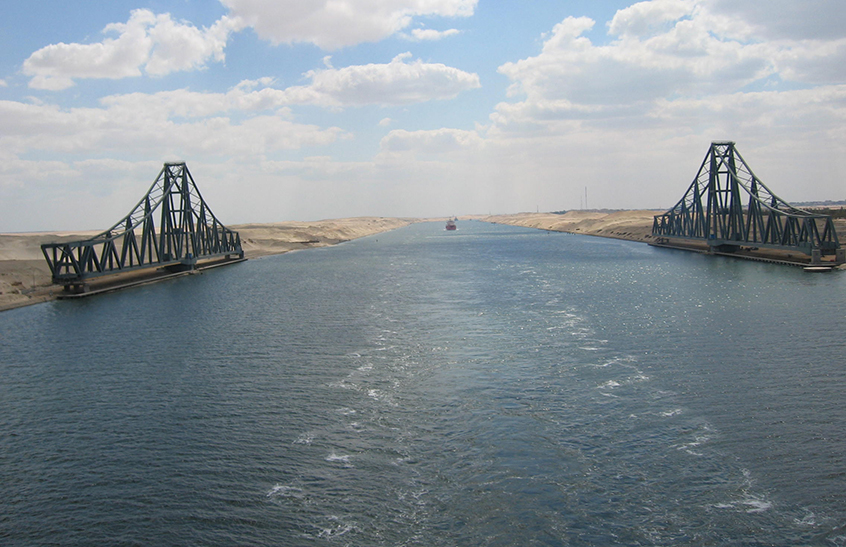
El Ferdan railway bridge on the Suez Canal opens allow ships to pass (H Nawara/WikimediaCommons)
“I’m getting married, and I believe this is a very good investment for the future of my family,” a man who had spent 2,000 Egyptian pounds ($280) on the certificates told the newspaper, Christian Science Monitor.
The ambitious scheme to enhance the 145-year-old canal (pictured) was announced only in August by President Abdel Fattah al-Sisi.
The plans appear to involve building a second canal and widening the existing one so that big ships pass in opposite directions.
Now, the Suez Canal earns about $5bn a year, and is a crucial source of hard cash for Egypt, which has suffered a slump in tourism and foreign investment since the 2011 uprising.
The government has said that the increased volume of ships passing through the canal would boost annual revenues to $13.5bn by 2023.
The Suez Canal is vital sea route linking the Indian and Atlantic oceans through the Mediterranean Sea.
The Egyptian government had estimated the cost of digging the new channel to be about $4bn, but the overall project includes developing 76,000 sq km around the canal into an international industrial and logistics hub.





